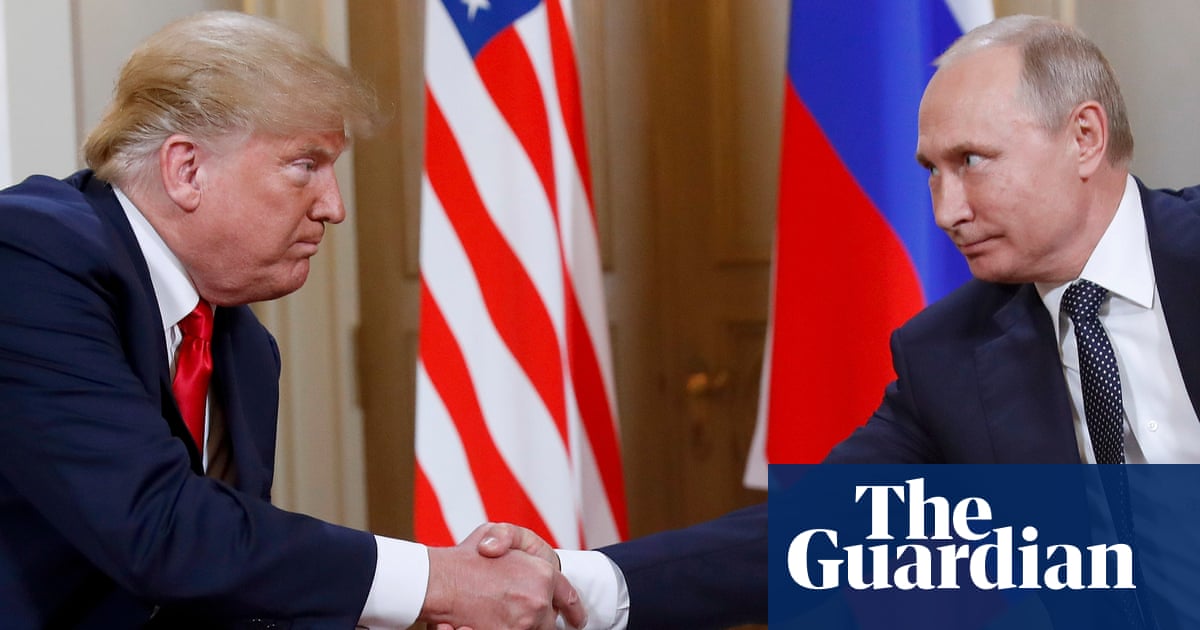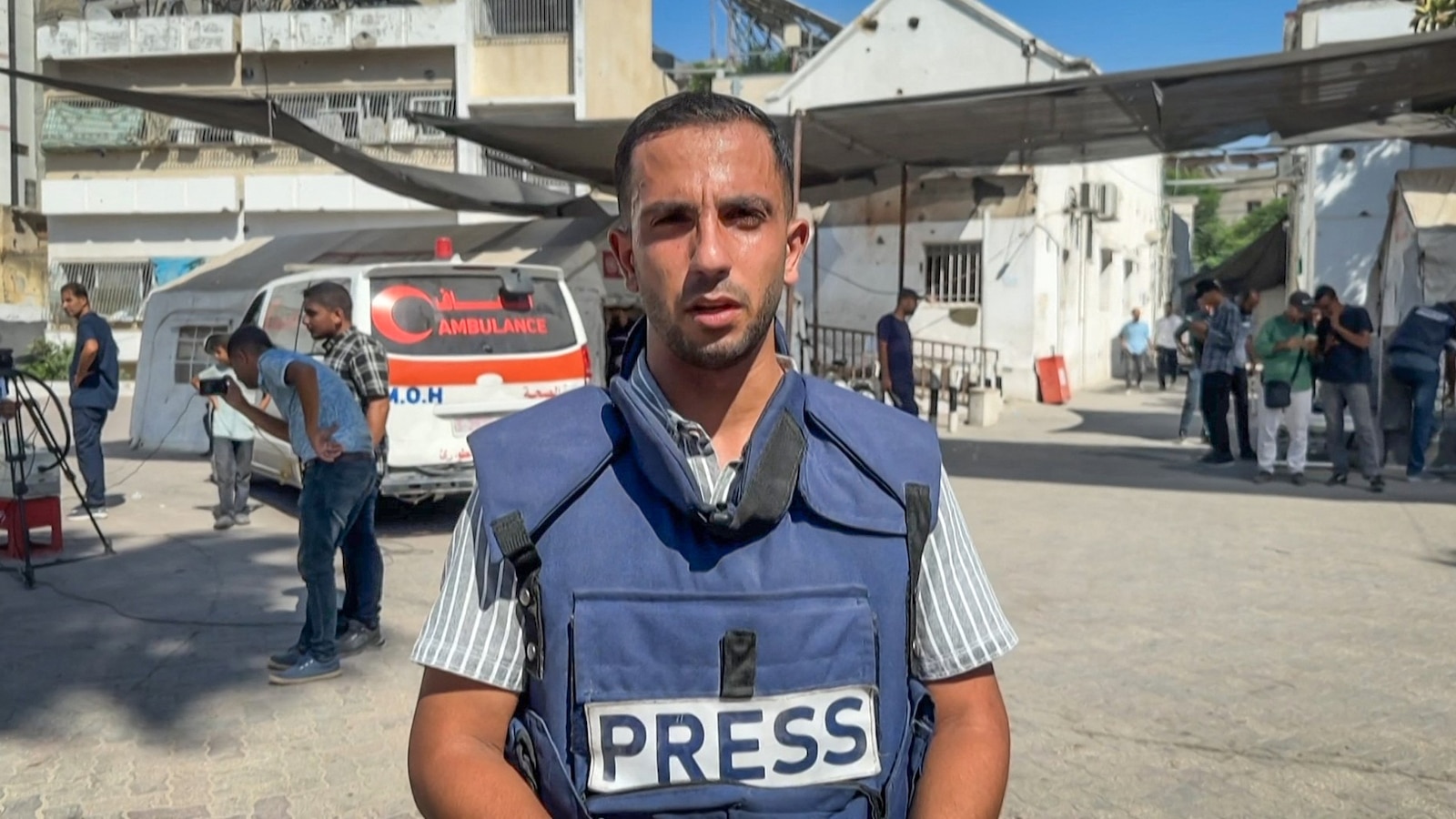U.S. Strikes on Iran: A New Era in Diplomacy or Escalation?

In a strikingly controversial statement, U.S. political figure J.D. Vance recently remarked on his social media platform, TruthSocial, regarding the situation in Iran. He emphasized that while the term 'Regime Change' may not be deemed politically correct, if the current Iranian government is unable to enhance the country's standing, then a regime change might be warranted. His rallying cry, 'Make Iran Great Again' (MIGA), underscores a growing sentiment among some U.S. officials that a shift in Iran's leadership could facilitate better relations between the two nations.
Vance, speaking on NBC’s 'Meet the Press', called for Iranian leaders to 'give peace a chance', suggesting that recent military actions could provide Iran with a unique opportunity to reset its diplomatic stance with the United States. This comes at a time when negotiations aimed at curbing Iran's nuclear ambitions have repeatedly stalled. The importance of this dialogue cannot be overstated, as the nuclear issue remains a flashpoint in U.S.-Iran relations.
On Sunday, the Pentagon unveiled details of a military operation codenamed 'Operation Midnight Hammer', which involved a highly focused strike on key Iranian nuclear facilities. The operation utilized 75 precision-guided munitions, including 14 state-of-the-art 'bunker buster' bombs designed to penetrate fortified sites. This military action is a significant escalation in U.S. involvement in the region, with Dan Caine, chairman of the Joint Chiefs of Staff, detailing how seven B-2 bombers flew 18 hours from the continental United States to execute the mission, using minimal communication and refueling mid-air.
The carefully orchestrated attack saw these bombers drop Massive Ordinance Penetrators on Iran’s Fordow and Natanz nuclear sites, while a U.S. submarine launched over two dozen Tomahawk cruise missiles targeting the Isfahan nuclear technology center. Reports indicate the strikes occurred between 6:40 PM and 7:05 PM Washington time, translating to 2:10 AM to 2:35 AM Tehran time. Remarkably, U.S. military officials reported that no Iranian forces fired upon their aircraft during the operation, suggesting a high level of operational security was maintained.
Returning to Whiteman Air Force Base early Monday, the B-2 bombers were hailed for their stealthy execution of the mission, with Caine noting that Iranian fighter jets and surface-to-air missile systems failed to engage U.S. aircraft. However, the extent of the damage inflicted on Iranian facilities has not been fully assessed. The International Atomic Energy Agency (IAEA) confirmed damage to entrances of tunnels used for storing enriched uranium at the Isfahan site, but a comprehensive evaluation of the nuclear infrastructure is still pending.
Secretary of Defense Pete Hegseth stated that Iran's nuclear capabilities have been 'obliterated' and its program severely compromised. However, he cautioned against premature conclusions about the complete scope of the damage. While both Vance and Hegseth asserted that the U.S. does not seek regime change in Iran, they expressed a desire for Iran to embrace a more cooperative stance in international affairs.
During a recent emergency meeting of the United Nations Security Council, Iran's U.N. ambassador, Amir Saeid Iravani, condemned the U.S. military strikes, asserting that they have effectively dismantled diplomatic efforts. He warned that the Iranian military would determine the timing and nature of any retaliatory actions. Similarly, Iranian Foreign Minister Abbas Araqchi emphasized that there would be no return to diplomatic talks until a response to the strikes was formulated, highlighting the escalating tensions.
In a contrasting perspective, Israel's U.N. Ambassador Danny Danon commended the U.S. for its decisive action against Iran, accusing the Iranian regime of using negotiations as a façade to advance their missile and uranium enrichment programs. He argued that the consequences of inaction would have been dire, framing a nuclear Iran as a threat not only to Israel but to global security as well.
In an unexpected turn, Australia voiced its support for the U.S. strikes on Iran, marking a significant shift from its earlier neutral stance. Foreign Minister Penny Wong affirmed that Australia stands firmly against Iran obtaining nuclear capabilities, indicating a readiness to align more closely with U.S. defense policies in the region. The Australian government’s position has evolved rapidly, reflecting the complex and often volatile dynamics of international relations concerning Iran’s nuclear agenda.




























